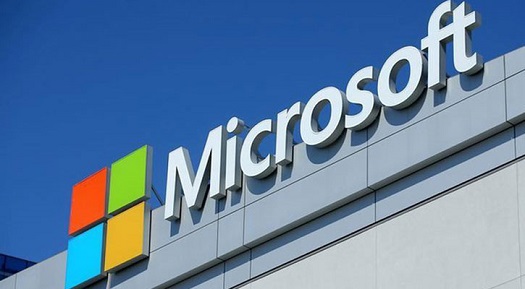Microsoft has said it is splitting the Teams business messaging and video app from its Office software globally.
The firm separated the two products in Europe last year as it faced a possible fine from competition watchdogs.
Teams was added to Office in 2017. The European Commission has been investigating the move after a complaint from rival Slack in 2020.
A Microsoft spokesperson told the BBC that the move is to "ensure clarity for our customers".
It "also addresses feedback from the European Commission by providing multinational companies more flexibility when they want to standardise their purchasing across geographies," they added.
Microsoft said in a blogpost that Teams Standalone will cost $5.25 (£4.20) for new customers.
It in unclear whether the company's decision to split Teams from Office will be enough to avoid European Union (EU) antitrust charges.
Over the past decade, Microsoft has racked up 2.2 billion euros ($2.4bn; £1.9bn) in EU antitrust fines for tying or bundling two or more products together.
If found guilty of antitrust breaches, it risks a fine of as much as 10% of its global annual turnover.
In 1998, the US Justice Department sued Microsoft for using its dominance of the Windows platform to stifle competition from rival web browsers.
The company has since loosened its control of what software computer manufacturers could install on their products, resulting in the surge in popularity of rival internet browsers.
After Teams was split from the Microsoft 365 and Office Suites in Europe last October, the platform saw little change to the size of its user base, according to market intelligence firm Sensor Tower.
Data cited by Reuters estimated that monthly active users of the Microsoft Teams mobile app remained flat in the first three months of 2024 compared to the previous quarter.
BBC





